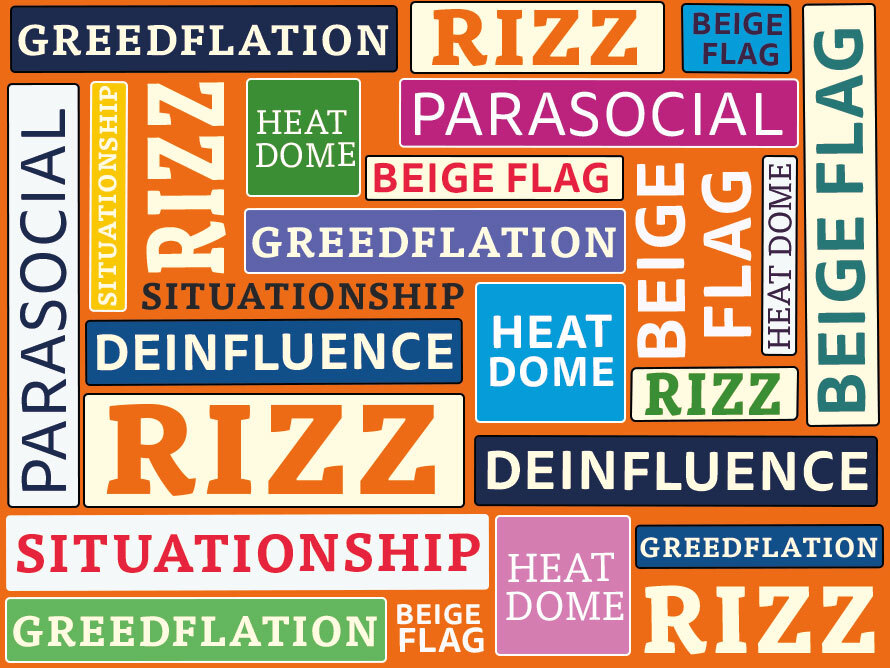Should we all invent new words? The compilers of the Oxford English Dictionary have announced the best examples from 2023 — but not everyone agrees with their choice.
Got no rizz? That’s a definite beige flag
 Dynamic dictionary: English has more than one million words and is growing all the time.
Dynamic dictionary: English has more than one million words and is growing all the time. Glossary
AI - A computer programme that has been designed to think.
Pandemonium - Complete chaos or disorder.
Petulant - Childish and bad-tempered.
Valediction - The act of saying goodbye.
George Orwell - Real name Eric Arthur Blair, a world-renowned 20th-century novelist, most famous for his political novels Animal Farm and 1984.
Doublethink - Believing two contradictory things at the same time.
